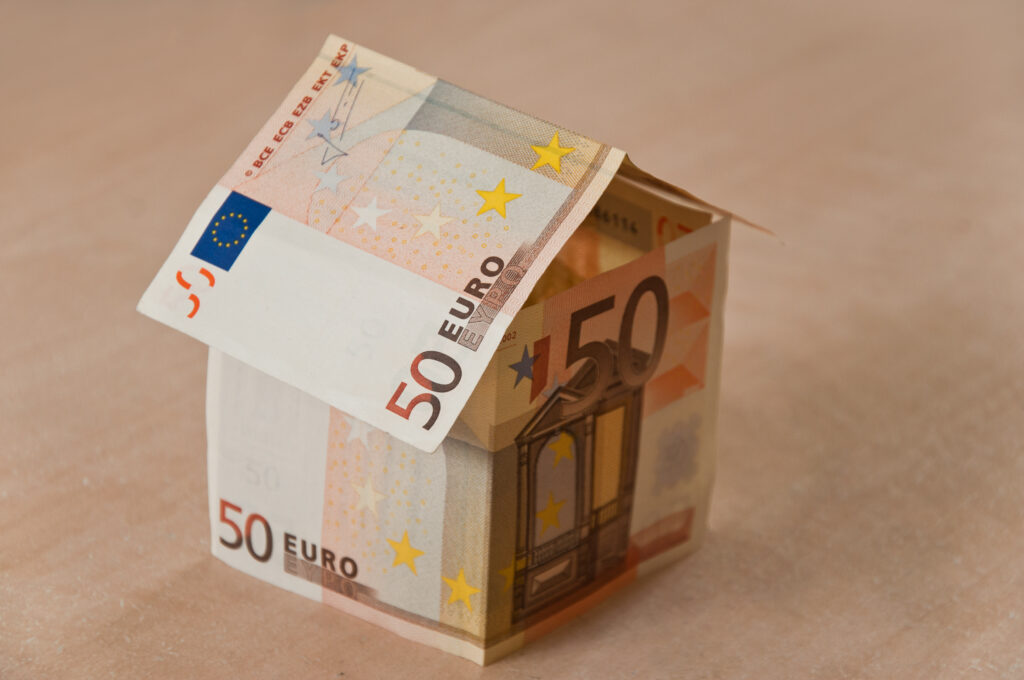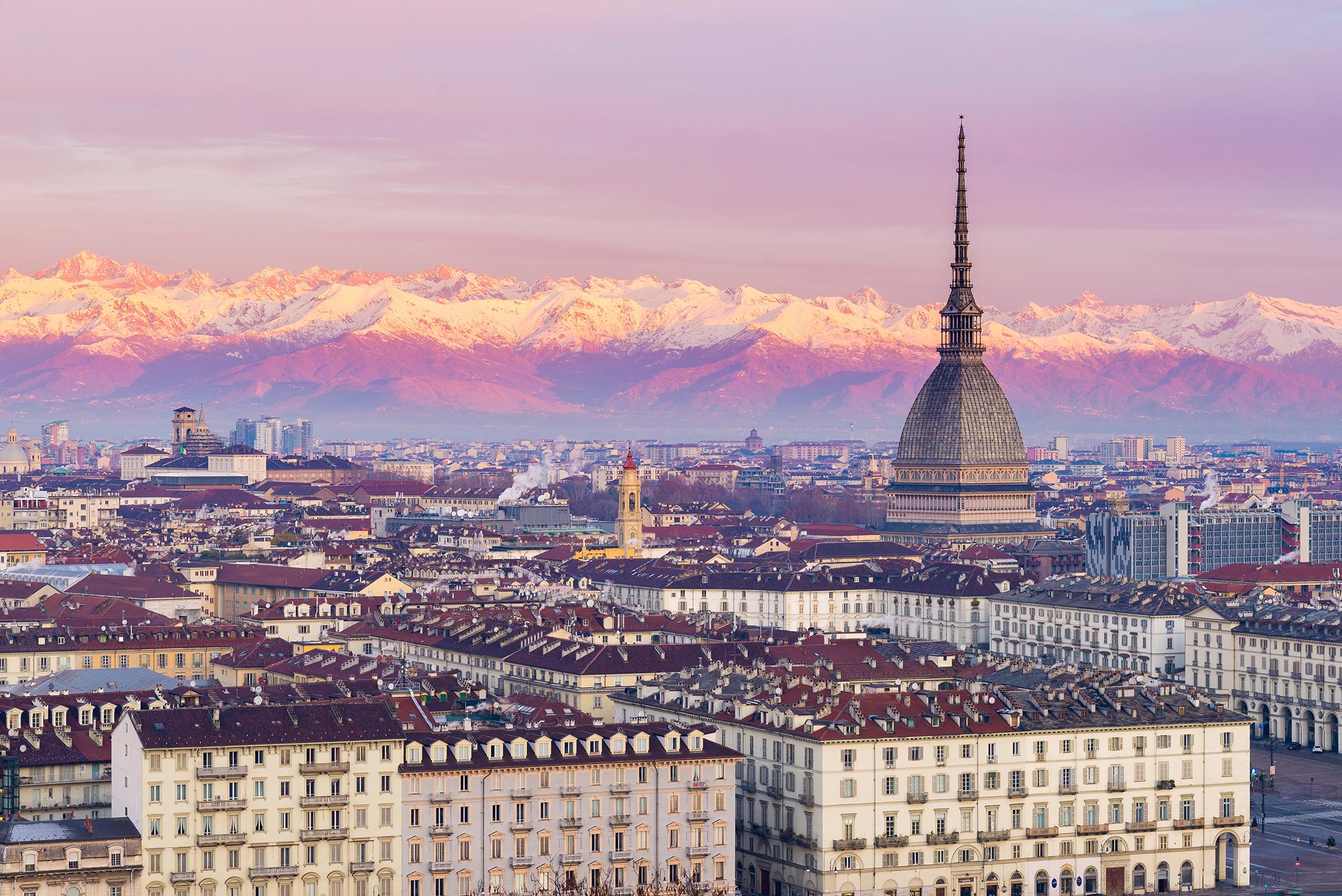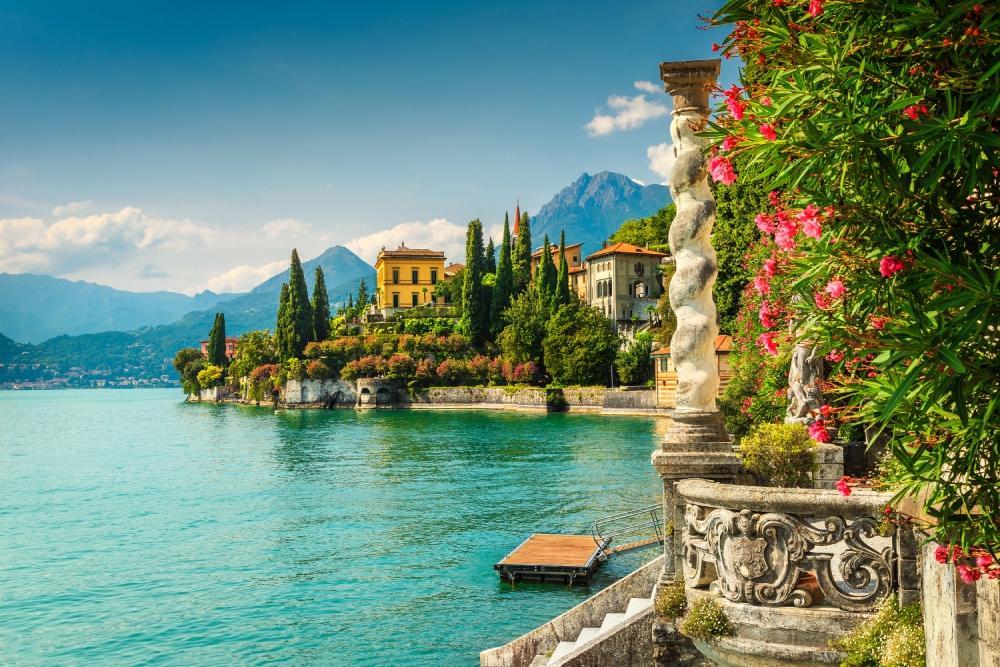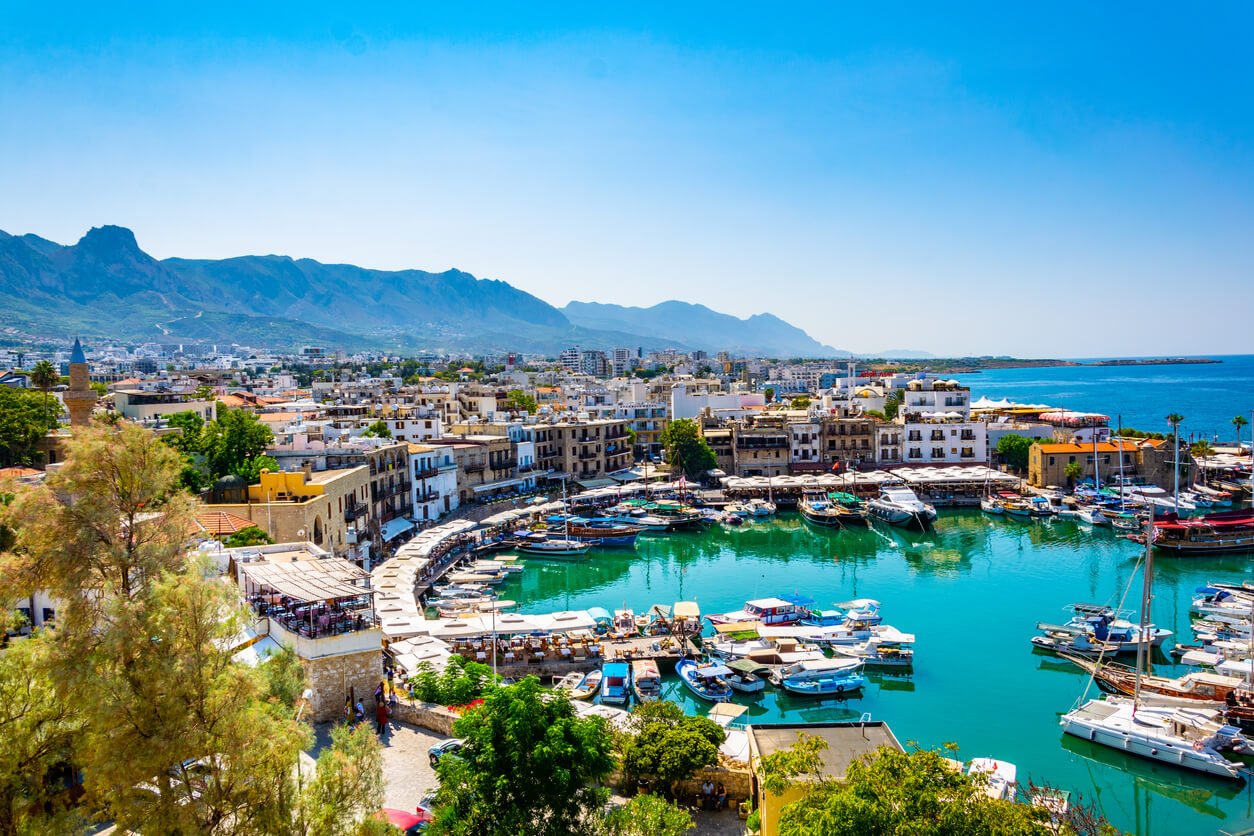
If you’re planning to move to or invest in a property in Italy, it’s important to understand the costs involved. From the property purchase price to taxes and utilities, knowing all the expenses upfront will help you avoid surprises.
Whether you’re moving as a family, retiring or investing, this article will guide you through the financial aspects of buying property in Italy. We’ve split it into before, during and after the purchase, to help you plan.
Before the purchase
Deciding where to buy property in Italy is one of the exciting parts of moving abroad. Unless you’re very familiar with the country you’ll need to visit various locations to be sure the area is right for you. Whether you’ve had a wonderful holiday in Naples or have friends who own a villa in Tuscany, you need to experience the region for yourself.
This will involve travel costs to Italy, which might include multiple visits. It’s a good idea to search for mid-week or sale flights to make this more affordable. You’ll also need to factor in accommodation, travel , and food expenses during your search. for your dream home in Italy.
During the purchase
Once you’ve found your dream property in Italy, now it’s time to set the procedures in motion and prepare for the costs.
Property price
The property’s purchase price varies depending on location, size and condition. For example, an apartment in Milan will generally be more expensive than a rural property in Calabria in the south.
The table below shows the current price per m2 in Italian regions, helping you with your budgeting. We’ve also included rental prices to help you budget if you decide to rent before you buy or rent out the property.
| Region | Sale(€/m²) | Rent(€/m²) |
|---|---|---|
| Calabria | 954 | 6.69 |
| Molise | 1,047 | 7.23 |
| Sicily | 1,162 | 7.59 |
| Umbria | 1,162 | 7.72 |
| Basilicata | 1,342 | 7.41 |
| Abruzzo | 1,377 | 7.67 |
| Piedmont | 1,395 | 9.59 |
| Apulia | 1,425 | 8.44 |
| Marche | 1,617 | 9.01 |
| Friuli Venezia Giulia | 1,620 | 9.90 |
| Campania | 1,897 | 10.08 |
| Emilia Romagna | 2,015 | 13.01 |
| Veneto | 2,018 | 11.54 |
| Sardinia | 2,360 | 13.35 |
| Lazio | 2,462 | 14.13 |
| Tuscany | 2,488 | 14.90 |
| Lombardy | 2,505 | 18.29 |
| Liguria | 2,667 | 10.72 |
| Aosta Valley | 2,764 | 19.40 |
| Trentino Alto Adige | 3,462 | 12.72 |
Property prices in Italy have been rising gradually with a 2.2% increase at the end of the third quarter of 2024, with a projected 0.2 – 2.5% rise in 2025, making it a good time to buy before the market heats up further.
Notary fees
A notary prepares the documentation for the legal transfer of property. Their fees typically range from 1% to 2.5% of the property’s value. Unlike in the UK, the notary does not automatically check for irregularities related to the property, such as boundary disputes or illegal construction. If you have any concerns, you may have to hire an Italian lawyer for that.
Property registration tax
At the time of sale, a property registration tax is due and it’s a notary who is responsible for collecting it on completion of the sale. This tax is 2% of the cadastral value for a primary residences and 9% for second home.
The cadastral value is based on land registry data, not the sale price, which is often lower than the actual market value of the property.
Value added tax
Only applicable to new-build properties, VAT replaces the registration tax for second-hand properties. The VAT rate is 10% for the main or primary residence, and 20% if the property is classed as luxury (villas, castles, manor houses, historic buildings).
Land registry tax
This is a fixed fee of approximately €170 for residents, or 1% of the property’s purchase price if you’re a non-resident or are buying a second home.
Mortgage fee
If you’re applying for a mortgage, you’ll have to pay approximately 2% of the loan amount as an arrangement fee. You’ll also be charged a mortgage tax of around €100 and an administrative fee of 1% of the loan. Additionally, building insurance is often a requirement for mortgage approval.
Agency fees
Property agents generally charge a fee, which is typically shared between the buyer and the seller. The usual cost is around 3% of the sale price for each party.

After the purchase
Once you’ve bought your property in Italy, you’ll have ongoing costs to pay. Planning ahead will help you stay on top of your finances and enjoy your life in Italy.
Property tax
Italy imposes an annual municipal property tax, known as IMU, which ranges from 0.4% to 0.8% of the cadastral value, depending on the location and type of property.
Waste tax
This tax covers waste collection and disposal services, calculated based on property size, location and the number of occupants.
Utilities
Monthly expenses for gas, electricity, water, and the internet vary based on usage and provider rates. On average, utility bills are 33% cheaper per month in Italy than in the UK.
The cost of living in Italy is 13.6% cheaper than in the UK (excluding rent).
Maintenance
All properties require regular maintenance, which varies based on the property’s age and whether it’s part of a shared apartment block or complex.
Maintenance can include:
- gardening
- swimming pool repairs
- exterior and interior decorating
- air conditioning and heating inspections
Keeping your Italian property well maintained will avoid large, long-term costs, although you should set aside an amount for unexpected repairs (you never know when the boiler will break down or a tap might leak). Reserving 1% to 2% of the property’s value annually for maintenance is advisable.
Rental costs
If you decide to buy a property in Italy as an investment and plan to rent it out, you’ll need to pay tax on rental income in your country of residence. Additionally, you’ll also need to allow for maintenance costs and any immediate repairs, whether you have long-term tenants or offer the property for seasonal rentals.
Thinking of buying in Italy?
Contact iad Overseas for all the advice you need on finding your perfect home in Italy.
3 key points to remember
- 2025 offers a great opportunity to buy property in Italy, with slow but steady price increases.
- Planning your budget in advance will help you manage all associated costs to your dream property.
- The notary is only responsible for preparing the legal sale documentation, not to check for property issues.

- https://www.globalpropertyguide.com/europe/italy/price-history
- https://www.euronews.com/business/2024/12/31/where-in-europe-are-house-prices-are-going-to-rise-the-most-in-2025#:~:text=Italian%20house%20prices%20are%20expected,said%20Fitch%20in%20their%20report
- https://www.immobiliare.it/en/mercato-immobiliare/
- https://accountingbolla.com/blog/real-estate-taxes/notary-expenses-italy/#gref
- https://www.italy-advisor.it/taxation-purchase-buildings-italy
- https://italianrealestatelawyers.com/investment-news/minimum-costs-buying-purchasing-home-in-italy/
- https://www.numbeo.com/cost-of-living/compare_countries_result.jsp?country1=United+Kingdom&country2=Italy





